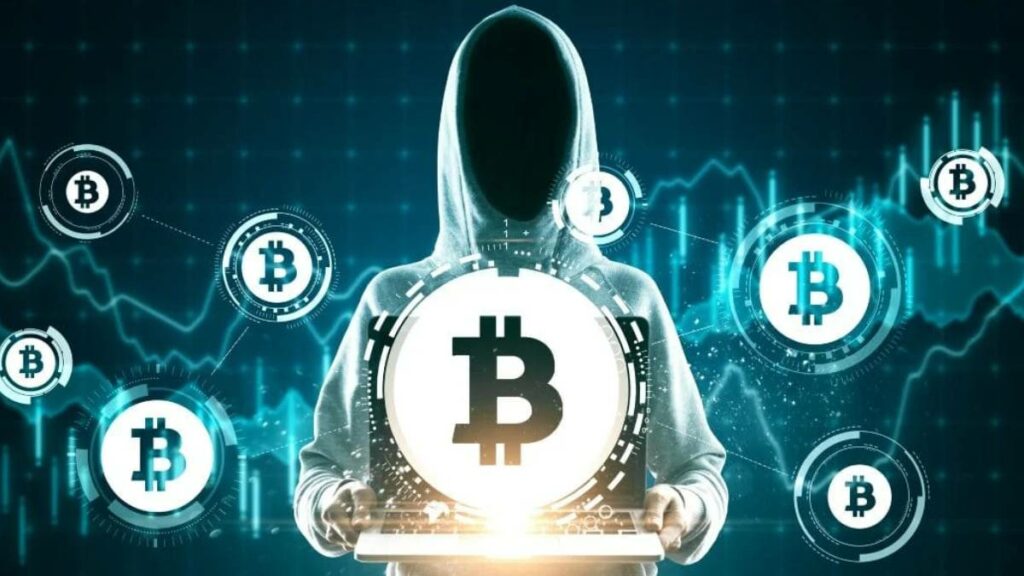TL;DR
- In July, the cryptocurrency ecosystem suffered losses of nearly $266 million due to 16 hacks, with the WazirX exchange being the most affected.
- Bharat Web3 Association is beefing up its cybersecurity following the WazirX hack, while Wisconsin has launched a cryptocurrency scam tracker.
- Despite the bans, China continues to face problems with crypto scams, and the US Copyright Office is calling for new legislation to tackle deepfakes.
In July 2024, the cryptocurrency ecosystem experienced a particularly turbulent month with 16 hacks resulting in losses estimated at $266 million.
The most significant hack reported by PeckShield occurred at Indian exchange WazirX, which suffered a security breach on July 18 that resulted in the loss of over $230 million.
#PeckShieldAlert July 2024 witnessed 16 hacks in the crypto space, resulting in ~$266 million (w/o Compound Potential Governance Attack)) in losses.
Top 10 Hacks:#WazirX: $230 million (CeFi)#Compound: $24 million (Potential Governance Attack)#LI.FI: $9.73 million#Bittensor:… pic.twitter.com/jsmP9qLuqR
— PeckShieldAlert (@PeckShieldAlert) August 1, 2024
This particular incident accounted for approximately 86.4% of the month’s total losses.
Further investigation revealed that the stolen funds are still under the control of the attackers, identified as North Korean hackers.
Other notable incidents included Compound Finance, which lost $24 million, and bridge protocol LI.FI, with losses of $9.73 million.
The global response to these hacks has been mixed.
In India, the Bharat Web3 Association (BWA) is stepping up its efforts to improve cybersecurity following the WazirX attack.
The BWA, chaired by Dilip Chenoy, has formed two new internal groups: one to focus on cybersecurity and another on consumer protection.
These groups are tasked with developing standard operating procedures and ensuring that guidelines are kept up to date to protect users in the future.
Additionally, the BWA is working closely with WazirX and other entities to conduct a thorough analysis of the hack and evaluate potential legal action.
In the United States, the Wisconsin Department of Financial Institutions has launched a public cryptocurrency scam tracker.
This new resource aims to alert the public about potential threats and frauds in cryptocurrency-based investments.
From January 2022 to June 2024, nearly $3.55 million in losses due to financial and crypto scams were reported in Wisconsin.
The tracker, which is publicly accessible and based on consumer complaints, aims to provide key information on threats and protect investors from future fraud.
On the other hand, despite strict bans in China, the country still faces significant problems with crypto scams.
Recently, authorities in Shaanxi Province dismantled a fraudulent operation and arrested four suspects who had defrauded an individual of $56,800.
Although China has imposed severe restrictions on crypto activities, including trading and mining, the country continues to grapple with cryptocurrency-related fraud.
Chinese law enforcement is actively involved in detecting and dismantling illegal operations, but the challenge remains.
Challenges and Responses in the Cryptocurrency Ecosystem
Recent attacks have highlighted the vulnerability of blockchain platforms and the urgent need to improve security measures in the sector.
As hacking techniques become more sophisticated, implementing robust and up-to-date solutions is crucial to protecting digital assets and user trust.
The reaction of organizations and governments is a positive step, but fighting fraud and protecting digital investments will remain major challenges in the near future.
Initiatives such as the Wisconsin scam tracker and India’s cybersecurity efforts represent significant efforts to address these threats.
However, success in preventing future attacks will depend on continued collaboration between cryptocurrency platforms, regulators and consumers.
The constant evolution of hacking techniques demands constant vigilance and innovation in security strategies to protect the global crypto ecosystem.











